On the morning of August 26, the National Assembly's Ethnic Council, the National Assembly's Committee on Culture and Society, the Ministry of Education and Training , and the Ministry of Ethnic Minorities and Religions held a national workshop on "Innovation and improvement of the quality of education and training in ethnic minority and mountainous areas: current situation, challenges and solutions".
Attending the conference were Mr. Vu Hong Thanh, Vice Chairman of the National Assembly; Mr. Le Thanh Long, Deputy Prime Minister; leaders of the Ethnic Council, the Committee for Culture and Society, the Ministry of Ethnic Minorities and Religions, the Ministry of Education and Training and local leaders, experts and scientists . On the side of the Ministry of Education and Training, Minister Nguyen Kim Son attended the conference.
Fundamental solutions to overcome difficulties in teaching staff
At the workshop, Ms. Vu Thi Hien Hanh, Vice Chairwoman of Lao Cai Provincial People's Committee, shared comprehensively the effective solutions that the province has been implementing to develop education in ethnic minority and mountainous areas. These include issuing full local specific policies prioritizing education, especially in mountainous areas; rearranging the school network; developing the teaching staff; investing in facilities and actively bringing traditional culture into teaching...
Regarding difficulties and shortcomings, although facilities and infrastructure have been invested, in some remote areas, especially disadvantaged areas, school facilities are still lacking and not uniform, especially functional classrooms and modern technological equipment.
The capacity of a number of managers and teachers in applying information technology, artificial intelligence, psychological counseling, and social work is still uneven, failing to meet the requirements of program innovation and technological development. The number of general education teachers is still lacking compared to the norm, especially teachers of Information Technology, Foreign Languages, and Arts. Teacher recruitment faces many difficulties, especially in remote, isolated, and particularly disadvantaged areas...
From practice, Ms. Vu Thi Hien Hanh proposed to soon issue a Decision approving the objectives, tasks, and funding for implementing the Programs for the period 2026-2030; in which, additional beneficiaries are vocational education - continuing education centers, kindergartens in ethnic minority and mountainous areas.
Timely issue guidance documents, survey needs, and provide training for the team directly implementing the National Target Program after reorganizing the two-level local government apparatus to ensure effective implementation of tasks. Have a specific mechanism to supplement staff, train and arrange educational specialists at the commune level.
Research, supplement and adjust policies to attract, train and foster teachers working in particularly difficult areas to ensure that they are adequate and suitable for recruiting and retaining teachers. There is a mechanism to prioritize resources to invest in building facilities, information technology infrastructure, and smart equipment for schools in ethnic minority and mountainous areas...
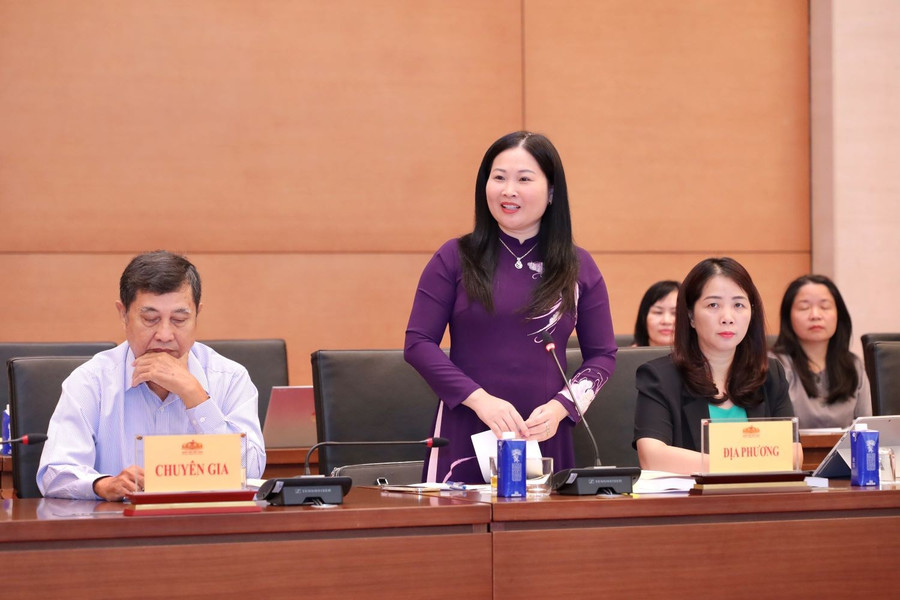
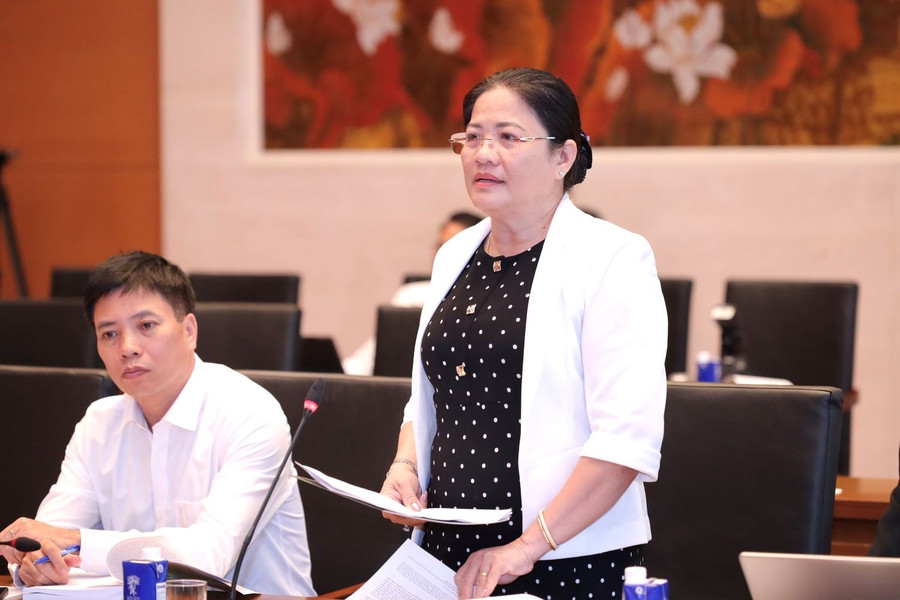
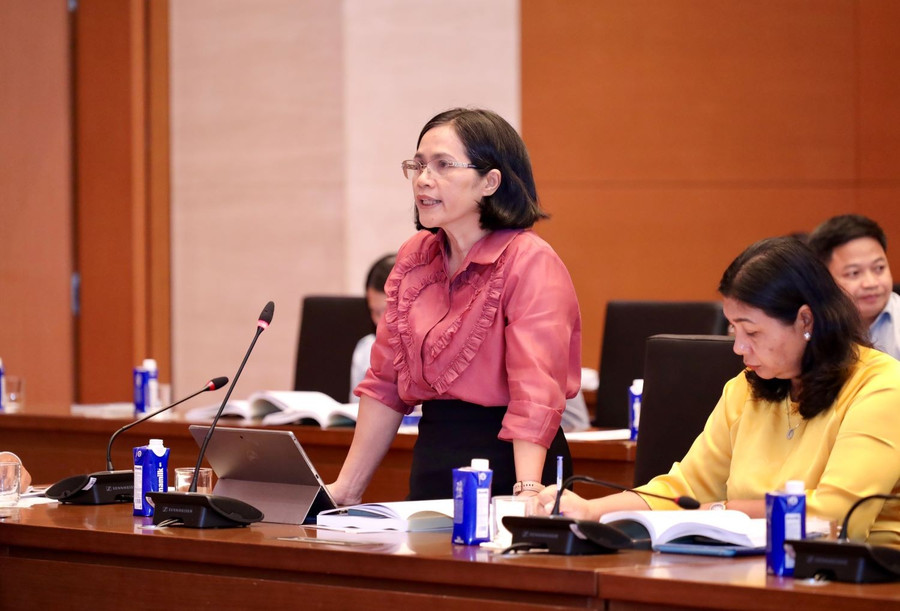
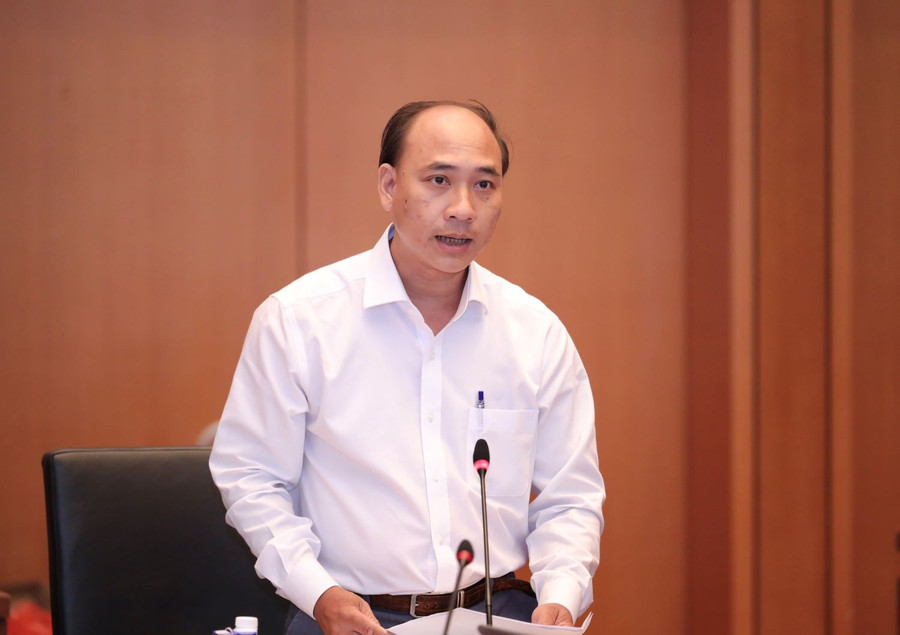
Ms. Dinh Thi Lan, Deputy Director of the Quang Ngai Department of Education and Training, emphasized the challenge of human resources and pointed out a difficult reality: it is very difficult to attract teachers to remote areas. Even when recruited, many people only work for a short time and then ask to be transferred to the lowlands.
The fundamental solution proposed by the Deputy Director of the Quang Ngai Department of Education and Training is to have a mechanism and policy to prioritize local recruitment, creating a sustainable human resource. Along with that, it is necessary to regularly monitor and evaluate the effectiveness of issued policies. The State invests a lot in each ethnic minority student, so it is necessary to have a monitoring mechanism from input to output to ensure that resources are used for the right purpose, bringing about real results.
Regarding the teaching staff, Ms. Tran Thi Thu Hang, Deputy Director of the Department of Education and Training of Can Tho, proposed that the Central Government study, supplement and adjust policies to attract, train, foster and retain teachers working in areas with particularly difficult socio-economic conditions. It is recommended that the Ministry of Education and Training organize training courses to foster teachers, especially teachers at ethnic boarding schools, on teaching skills for ethnic minority students, multicultural pedagogy, and methods of teaching Vietnamese to students who speak other mother tongues.
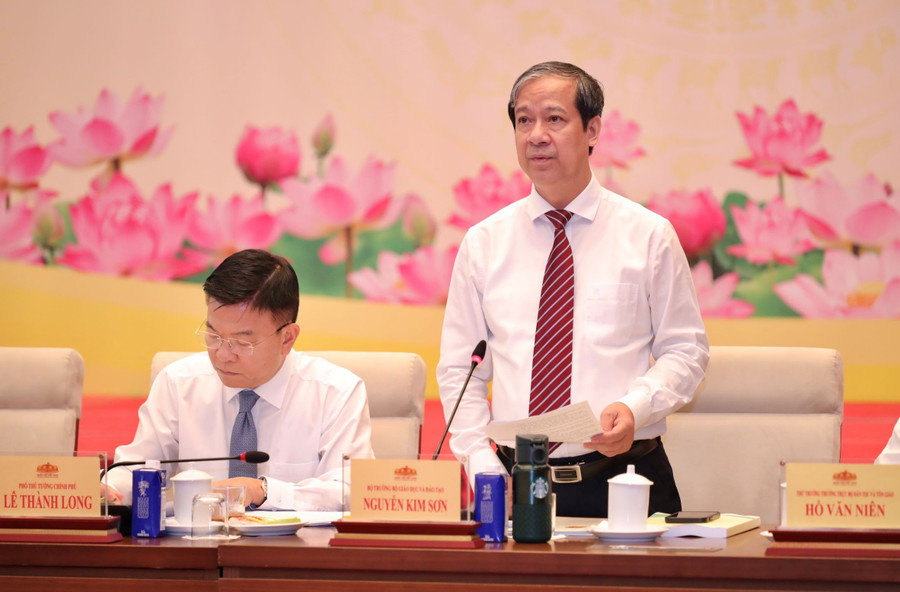
Review and improve policy implementation effectiveness
At the workshop, Minister of Education and Training Nguyen Kim Son acknowledged valuable contributions and shared new perspectives on challenges and solutions for education in ethnic minority and mountainous areas.
Accordingly, the Minister emphasized that, in addition to existing difficulties, education in ethnic minority and mountainous areas is facing new, more complex and severe challenges, which risk increasing the development gap.
For example, implementing the 2018 General Education Program with high requirements for comprehensive education, application of technology, and modern equipment will help areas with conditions to develop rapidly. However, disadvantaged areas, due to lack of resources, may fall further behind. The risk of an increase in the educational gap is present if there are no timely intervention policies.
Along with that, when implementing two-level local government, the rate of commune-level civil servants with education expertise in ethnic minority and mountainous areas is lower than in other regions. Meanwhile, this area is large, educational facilities are scattered, and specific educational policies are numerous and complicated...
The issue of determining appropriate development goals was also raised by the Minister with the localities in mountainous ethnic minority areas. In particular, top priority should be given to improving people's knowledge, improving their lives, and linking education with the socio-economic development needs of the locality. At the same time, the development of higher education and vocational education facilities should be calculated appropriately.
From the analysis of the challenges, the Minister emphasized a number of important solutions. In particular, it is necessary to have a policy to sustainably develop the local teaching force and teachers from ethnic minorities. This is the most important and long-term solution to ensure the stability and quality of education. Transferring and supporting from other places is only a short-term solution.
At the same time, promote digital transformation to overcome geographical gaps, solve the problem of teacher shortage and bring quality education everywhere through online training and digital platforms.
Finally, the Minister mentioned that there are hundreds of policies for education in ethnic minority and mountainous areas; it is necessary to review, plan and systematize all these policies. Instead of issuing more, it is necessary to focus on a number of core policies that have the most substantial and powerful impact to ensure effectiveness.
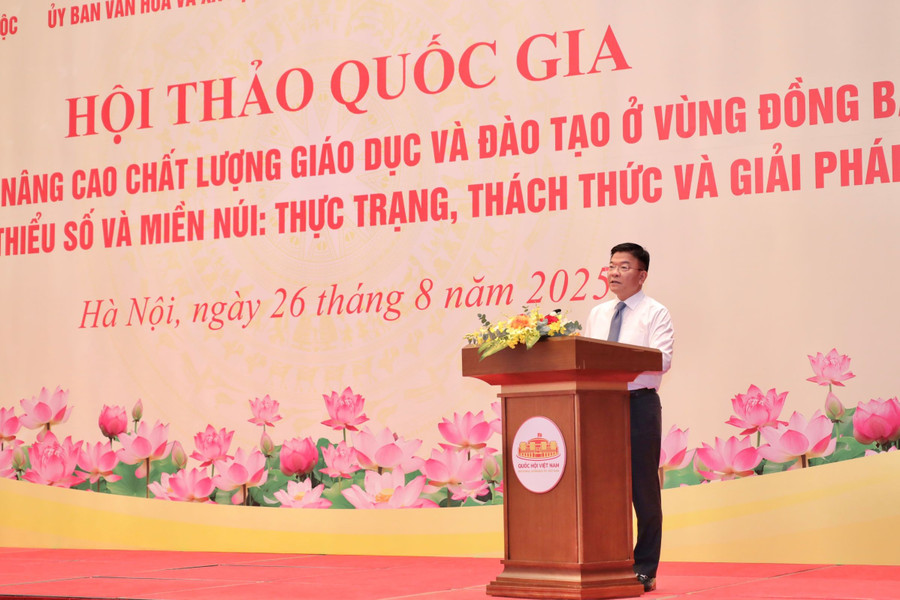
Speaking at the workshop, Deputy Prime Minister Le Thanh Long acknowledged the achievements in developing education and training in ethnic minority and mountainous areas in recent times.
First of all, the policy system is relatively complete and comprehensive; targeting subjects from students, teachers to managers, as well as aspects of investment in facilities, funding...
The school system has received strong investment. In 10 years, the number of schools in these areas increased by nearly 1,500; of which, the number of ethnic boarding schools alone increased by 109.
The quality of education also shows very positive signs. Many ethnic boarding schools have a high school graduation rate of 100%. The overall graduation rate is only about 1-1.5% lower than the national average. The rate of students passing the university entrance exam from these schools is up to 60%...
In addition to the achievements, the Deputy Prime Minister also pointed out difficulties and challenges; there is still a significant gap between education in ethnic minority and mountainous areas and the national average. Specifically, the school network is not uniform; the quality of education is uneven; the rate of students continuing their studies after secondary school is still low; and facilities and teaching equipment are still lacking.
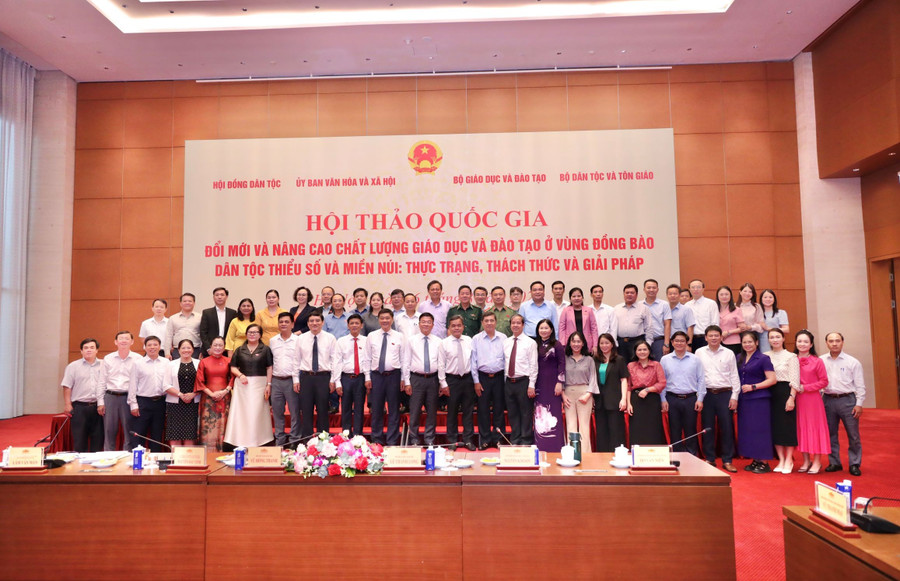
To address the above challenges, the first thing the Deputy Prime Minister proposed was to review, systematize and improve policy effectiveness. Focus resources on implementing policies that have been issued but have not been implemented effectively; find the root cause of this. At the same time, effective policies should continue to be promoted. Additional solutions need to be truly new breakthroughs.
Second, re-plan the school network appropriately, especially in conjunction with the organization of two-level local government. Where there is a shortage, build new ones, and where there is already one, continue to upgrade and consolidate to ensure a school system that meets the needs and operates effectively.
Third, prioritize and effectively use investment resources. Accordingly, effectively utilize and integrate resources from national target programs on socio-economic development in ethnic minority and mountainous areas, on new rural construction and the upcoming national target program in the field of education and training.
Fourth, focus on improving and enhancing the quality of education with a focus on teaching and learning ethnic languages and Vietnamese, improving teachers' skills; promoting the application of information technology and digital transformation. Investing in digital infrastructure will be a big boost, helping to improve the quality of education in a breakthrough way.
Source: https://giaoducthoidai.vn/ra-soat-nang-cao-hieu-qua-chinh-sach-voi-gd-dt-vung-dan-toc-thieu-so-mien-nui-post745861.html





![[Photo] Hanoi: Authorities work hard to overcome the effects of heavy rain](https://vphoto.vietnam.vn/thumb/1200x675/vietnam/resource/IMAGE/2025/8/26/380f98ee36a34e62a9b7894b020112a8)
![[Photo] Multi-colored cultural space at the Exhibition "80 years of the journey of Independence - Freedom - Happiness"](https://vphoto.vietnam.vn/thumb/1200x675/vietnam/resource/IMAGE/2025/8/26/fe69de34803e4ac1bf88ce49813d95d8)


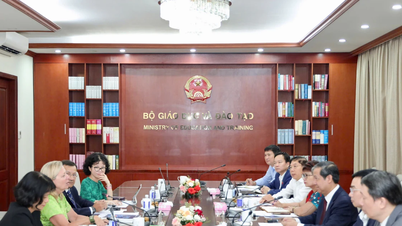

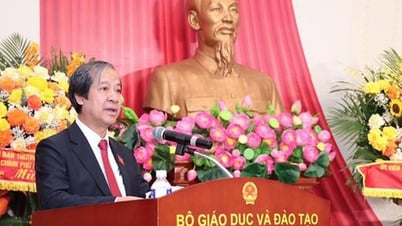

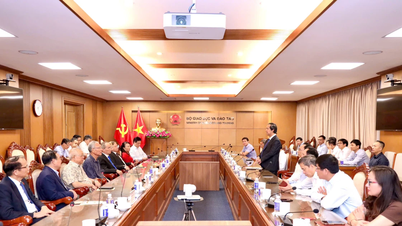


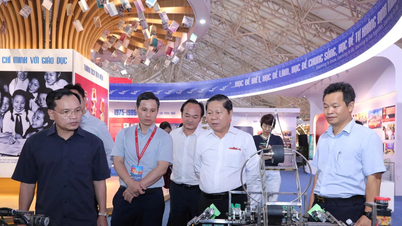
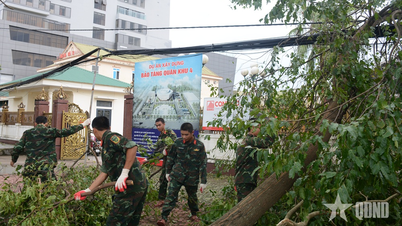

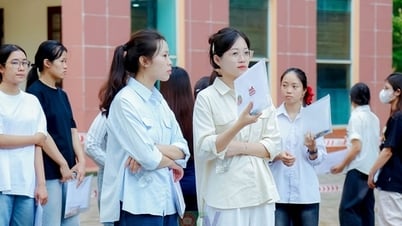


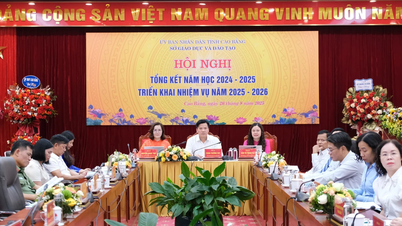








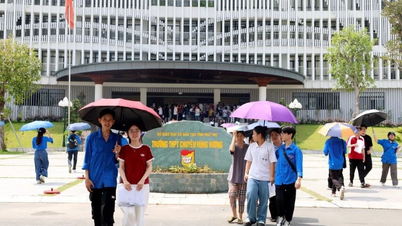
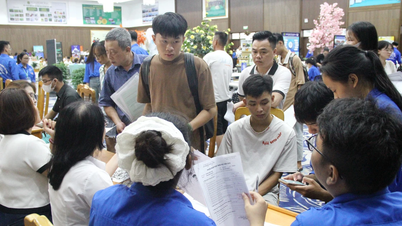
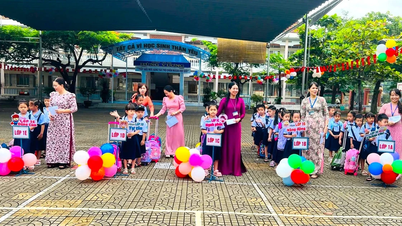
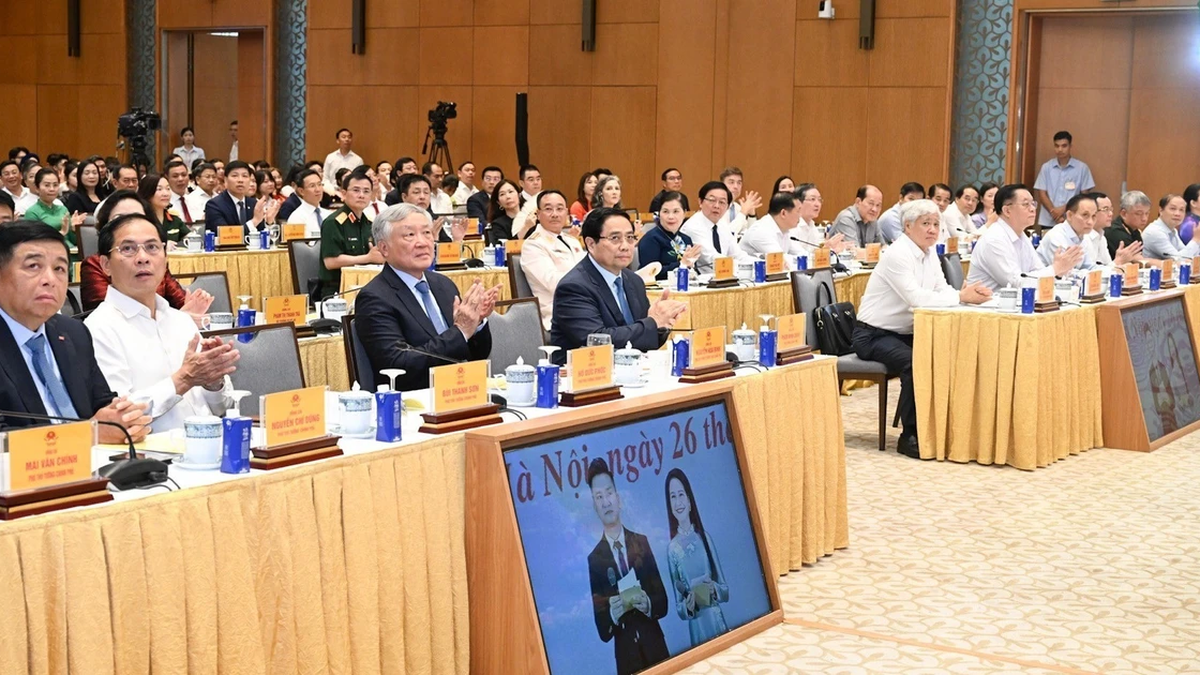





























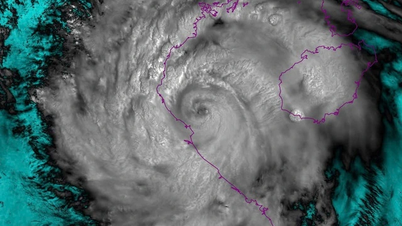


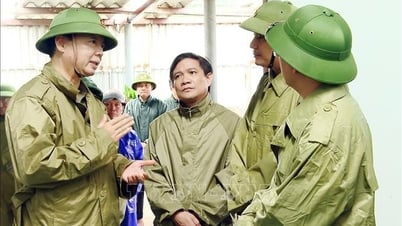




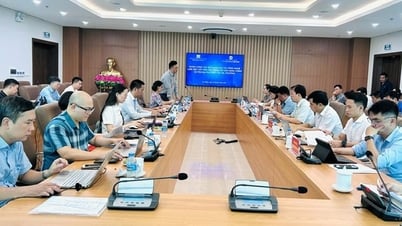
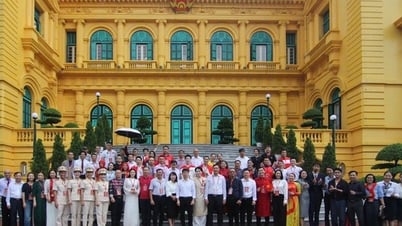




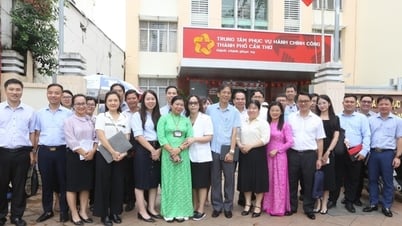
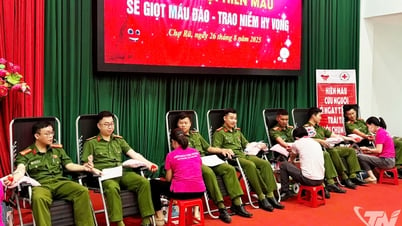














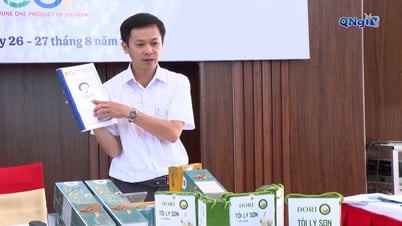










Comment (0)